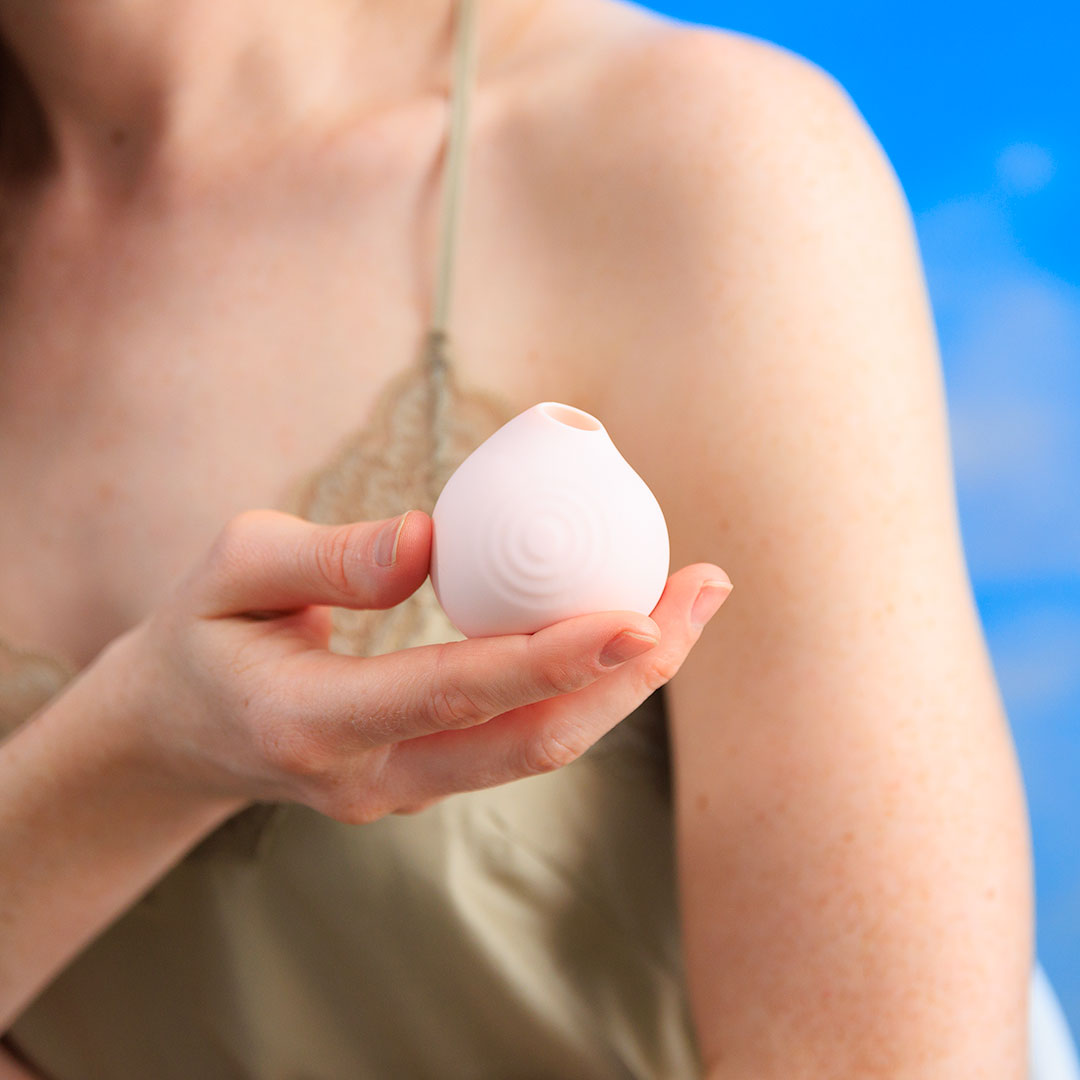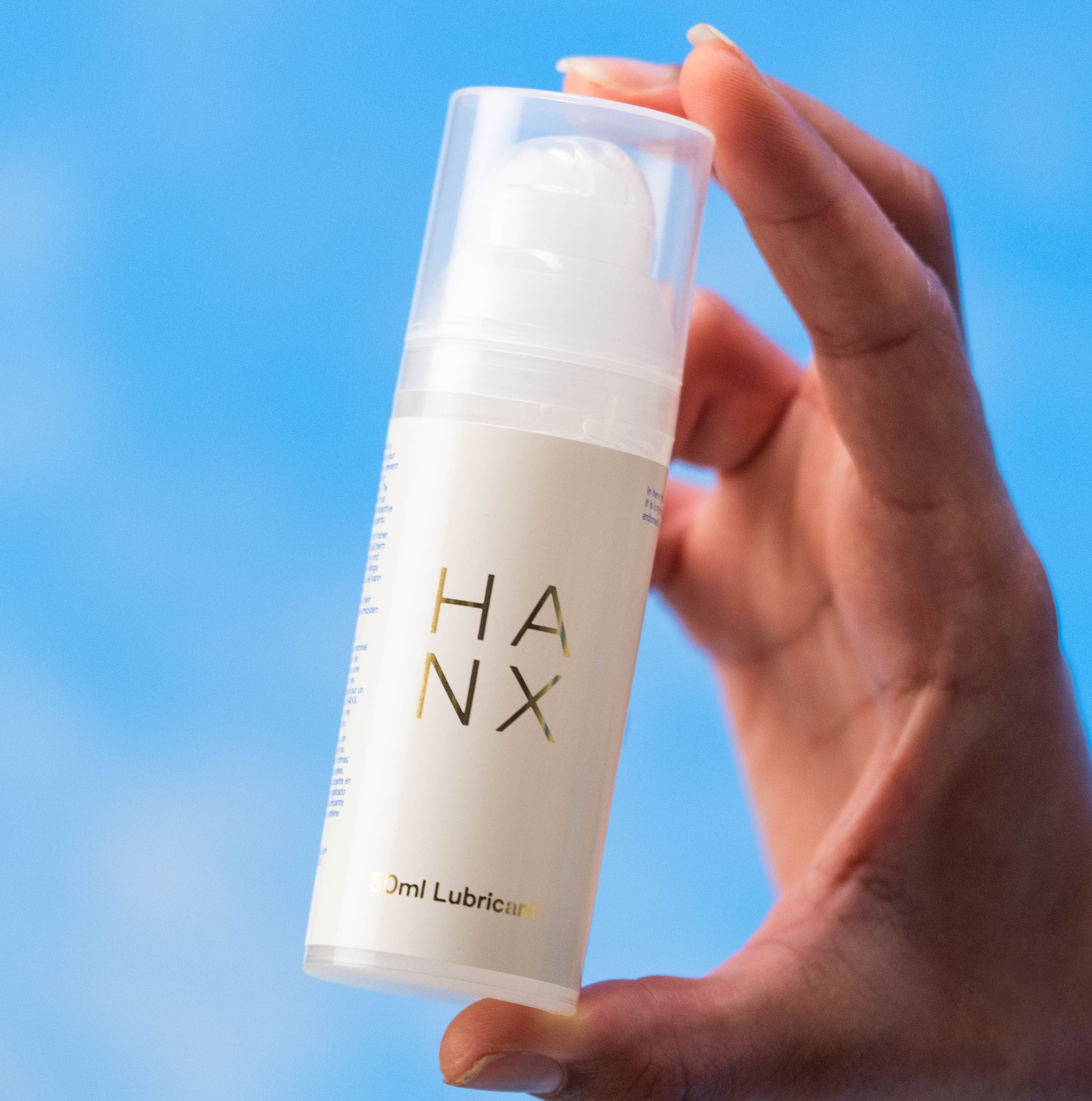Vaginismus: What You Need To Know
Vaginismus: you might have spotted articles on this painful condition online but what does it actually mean and how do you treat it? We caught up with HANX co-founder and gynaecology expert, Dr Sarah Welsh, for insights and info into this more-common-than-you-think vaginal condition.
So, what is vaginismus?
Vaginismus is when the vagina suddenly tightens up when you try to insert something into it. It’s the body's involuntary reaction to the fear of vaginal penetration, so if any kind of penetration is attempted the vaginal muscles tighten up to prevent anything going inside.
But how do I know if I have vaginismus?
Common symptoms of vaginismus include difficulty inserting a tampon in your vagina, or the inability to insert tampons due to distress and discomfort. Often people with vaginismus struggle with vaginal penetration during sex, and can have pain during sex.
Can I get aroused if I have vaginismus?
Yes. It does not necessarily mean that you’re unable to enjoy other types of sexual contact, so be sure to listen to your body and/or communicate with your partner to know what works for you and your body. This can change over time, too.
Can I have vaginismus even I have enjoyed penetration before?
This is possible yes, as sometimes we do not have an explanation for why the vaginal muscles tighten and it can come on after enjoying sex in the past. Remember too, that vaginismus can be managed, so see your doctor for advice.
Should I see a doctor if I think I have vaginismus or have any of the symptoms of vaginismus?
Yes. Your doctor can help treat your symptoms. They will ask you about your symptoms and might want to examine you to rule out anything else going on such as an infection of the vagina. You can ask for a female doctor and bring someone with you to the appointment for support. It might be that your doctor refers you on to a sex therapist for management of vaginismus if they rule out anything else going on and believe vaginismus is the diagnosis.
What causes vaginismus and why do I have it?
Often, we cannot be sure as to why you have vaginismus and there is no obvious cause identified. However, some reasons include medical problems such as thrush causing pain, a genuine fear that your vagina is small and penetration is wrong, a negative belief about sex that it is shameful, previous bad sexual experiences, etc.
How can vaginismus be treated?
Often, a psychosexual therapist may well be the point of contact manage your vaginismus, as this is an area they have experience with. They will manage your feelings and emotions when it comes to penetration of the vagina, and give you exercises, including pelvic floor exercises, to help allow your body to get used to having things inside your vagina. Mindfulness and relaxation techniques are also ways to help relax the muscles of the vaginal wall involved in vaginismus. Sometimes you may be given exercises to help increase your libido during sex, and vaginal trainers which are objects you insert into the vagina to get you used to having something inside it.
If you’re in a relationship or dating, it’s advised that you involve your partner/s in the process of management - opening up and sharing in the process can take pressure off yourself. Here is our guide on how to date when vaginismus makes penetrative sex painful or impossible.
How quickly will I see results after treatment?
Many people can see a change in their vaginismus symptoms within weeks of starting treatment. However, this depends on the type of person you are, the reasons (if any) behind your vaginismus, and your engagement in the management.
Where can I get more information and support on vaginismus?
- We created a free digital hub in partnership with the wonderful team at Leith to open up about vaginismus. Find out more.
- You’re honestly not alone: please refer to the Vaginismus Network for support from other people who have suffered with vaginismus.






















